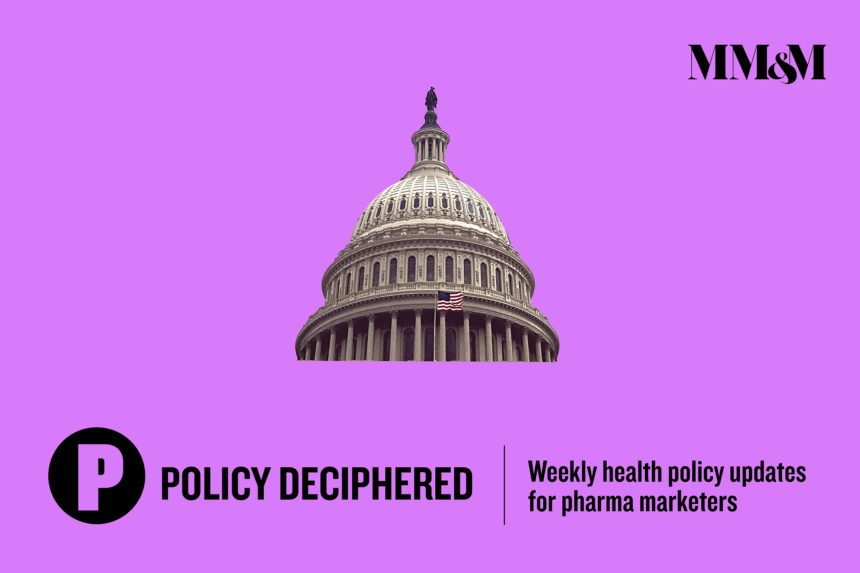Doctors can now use the CureID app and website to report real-world experiences treating coronavirus.
The app, created by the Food and Drug Administration (FDA) and the National Center for Advancing Translational Sciences (NCATS) of the National Institutes of Health (NIH), was updated to include a form specific to COVID-19 last week.
This will serve as both education for other doctors treating these patients and a repository of real-world evidence that can be used by government health agencies.
In recent weeks, the FDA has stepped up its focus on real-world evidence to contain the coronavirus pandemic. In May, FDA partnered with real-world evidence platform Aetion to gather information about the use of diagnostics and medications in the pandemic and about risk factors for COVID-19-related complications in different patient populations.
The agencies are also using the CureID platform to keep doctors informed. Information about clinical trials, experimental treatments and journal articles about COVID-19 has also been added to the CureID app. All users can also see full deidentified case studies of COVID-19 patients reported by other doctors.
Doctors can also report adverse reactions to COVID-19 treatments, which are then automatically reported to MedWatch, the FDA’s medical product safety program.
All of these use cases will help doctors on the frontlines of the pandemic continue learning how to treat the virus and stay up-to-date on the constantly changing experimental treatments and guidance.
Meanwhile, the FDA and NIH can use the crowdsourced data reported by CureID users to inform future treatment guidelines, drug approvals and safety issues.
CureID was launched in 2013 as a platform for clinicians to share treatment information for neglected diseases or report novel uses of existing drugs. That information can be used to identify drugs in need of further study.
The two health agencies are also looking at the global utility of the CureID app to share COVID-19 information. The FDA and NCATS are collaborating with the World Health Organization and the Infectious Disease Society of America on potential global use.







